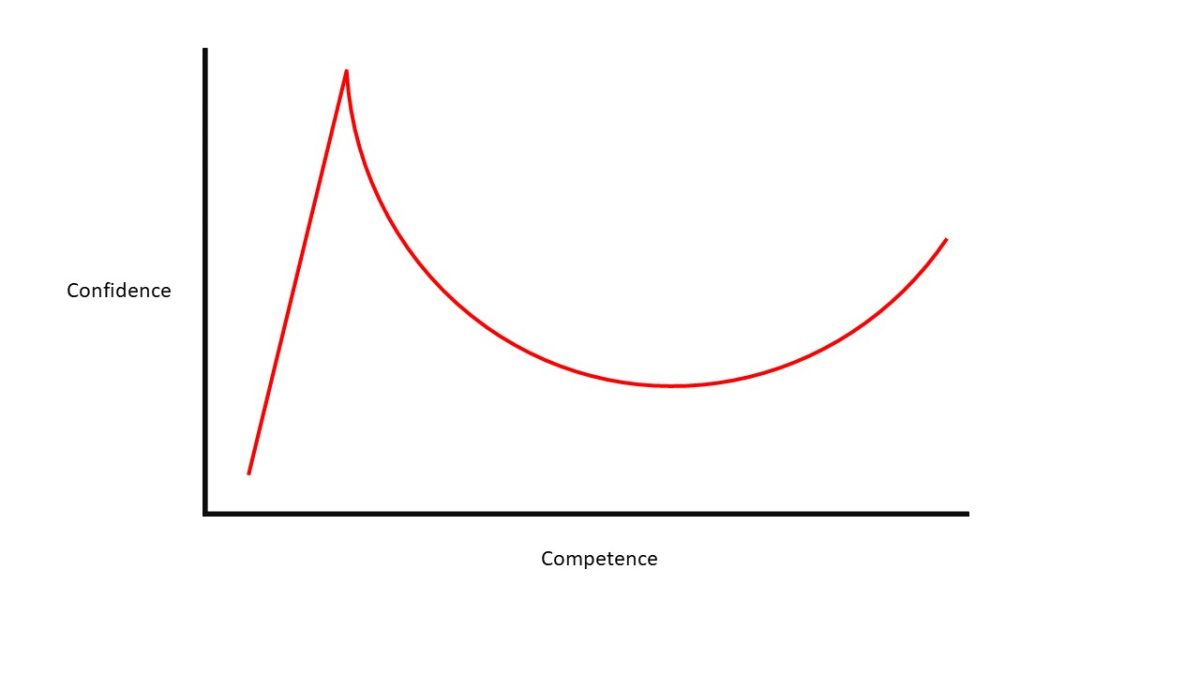In the ever-intensifying technological rivalry between China and America, artificial intelligence has become the defining battleground. The rise of ChatGPT, funded heavily by American tech giants, initially widened the gap, but China is pushing back with DeepSeek, reigniting competition. With AI, semiconductor supremacy, and even the race to Mars at stake, this competition will shape the future of global technology.
For years, the United States has led AI development thanks to vast private investments and an open-source research culture. The release of ChatGPT demonstrated America’s dominance, setting new standards for AI capabilities. Meanwhile, China, despite its significant technological advancements, faced setbacks due to government restrictions, a lack of open collaboration, and a workforce exhibiting signs of the Dunning-Kruger effect—overestimating their understanding of complex AI systems while lacking deep expertise. This overconfidence hindered meaningful progress.
However, China is regaining ground. The unveiling of DeepSeek, a Chinese AI model with performance rivaling its Western counterparts, sent shockwaves through the tech industry. Its emergence contributed to a significant drop in Nvidia’s stocks, a company whose AI chips are integral to American AI supremacy, effectively “busting the American AI bubble.” This development signifies China’s growing AI sector and its potential to challenge U.S. market dominance.
This rivalry between China and the U.S. extends beyond AI into space exploration. Both nations aim to reach Mars, with SpaceX leading America’s efforts and China’s National Space Administration (CNSA) rapidly advancing its capabilities. With a centralized government backing its initiatives, China has the potential to execute large-scale projects with efficiency, while America benefits from a competitive private sector driving innovation.
The outcome of this technological race remains uncertain. Will America’s innovation-first approach maintain its lead, or will China’s government-backed strategy allow it to surpass the United States? As AI, semiconductors, and space exploration continue to evolve, the world watches closely. The first to dominate these frontiers will not only secure economic power but also define the next era of technological civilization.




